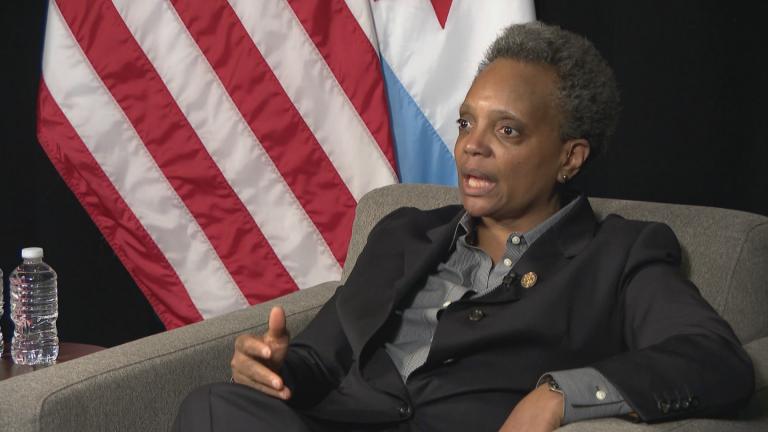 (David Mark / Pixabay)
(David Mark / Pixabay)
Members of the Chicago City Council unanimously endorsed a plan Friday to extend the city’s program that earmarks a portion of city contracts for firms owned by Black, Latino and Asian Chicagoans as well as women for another six years, without expanding its scope.
Reluctantly, members of the City Council’s Contracting Oversight and Equity Committee said they had no choice but to follow the advice of attorney Collette Holt, who urged city officials not to make any major changes to the program, one of only a handful that remain in place in the United States since its creation in 1991.
A final vote on the program is set for Tuesday. The City Council must act to extend the program before it expires Sept. 30.
A study compiled by Holt found that firms owned by women and Black, Latino and Asian Chicagoans still face discrimination in the form of “stereotypical attitudes, negative assumptions about their competencies, and all of the implicit and explicit biases that hinder their ability to grow and to thrive.”
However, the program must be narrowly tailored to overcome a “very hostile” legal environment, Holt said.
Black Caucus Chair Ald. Jason Ervin (28th Ward) praised Holt for detailing “a path for us that’s not only defensible but gives us the best leverage possible to keep the program” and help small businesses grow.
Mayor Lori Lightfoot’s proposal to extend the program for an additional six years keeps unchanged the percentage of city contracts set aside for firms owned by Black, Latino and Asian Chicagoans (26%) and for firms owned by women (6%).
However, Lightfoot’s plan would loosen some of the requirements for firms to qualify for the program, including allowing firms to participate until they reach 150% of the size standard established by the U.S. Small Business Administration.
But while many alderpeople had said they wanted to expand the percentage of contracts set aside for what the city officially calls minority businesses and those owned by women, that change is not supported by data that analyzed the number of businesses capable of fulfilling city contracts and compared it to the city’s track record, Holt said.
If the City Council approves a program that is out “on a legal limb,” the whole program could be struck down, Holt said.
Instead of making wholesale changes that could lead to the entire program being struck down by a judge, city officials should ensure that city contractors are paid on time and beef up city programs that offer new entrepreneurs and business owners mentorship and help navigating the City Hall bureaucracy, Holt said.
The proposal marks the first piece of substantive legislation advanced by the Committee on Contracting Oversight and Equity since 2019.
Vice Chair Ald. David Moore (17th Ward) presided over Friday’s meeting, which came more than two weeks after Ald. Carrie Austin (34th Ward) resigned as chair of the committee.
WTTW News reported Aug. 16 that under Austin’s leadership committee spent more in 2020 than nearly all other City Council committees while meeting only three times and not advancing a single piece of substantive legislation.
Less than a week after Lightfoot introduced the proposal to extend the set-aside program in June, Austin was indicted on four charges that she took bribes in the form of home improvements including new kitchen cabinets and granite countertops from a developer and lied to Federal Bureau of Investigation agents.
Austin has pleaded not guilty.
Contact Heather Cherone: @HeatherCherone | (773) 569-1863 | [email protected]








